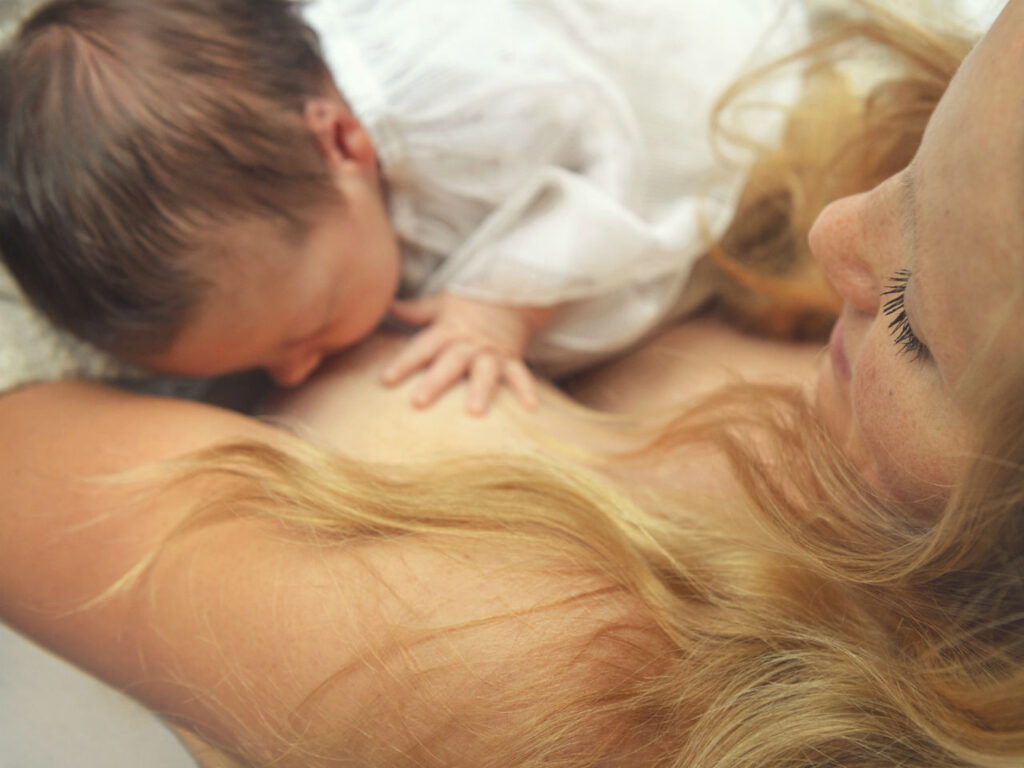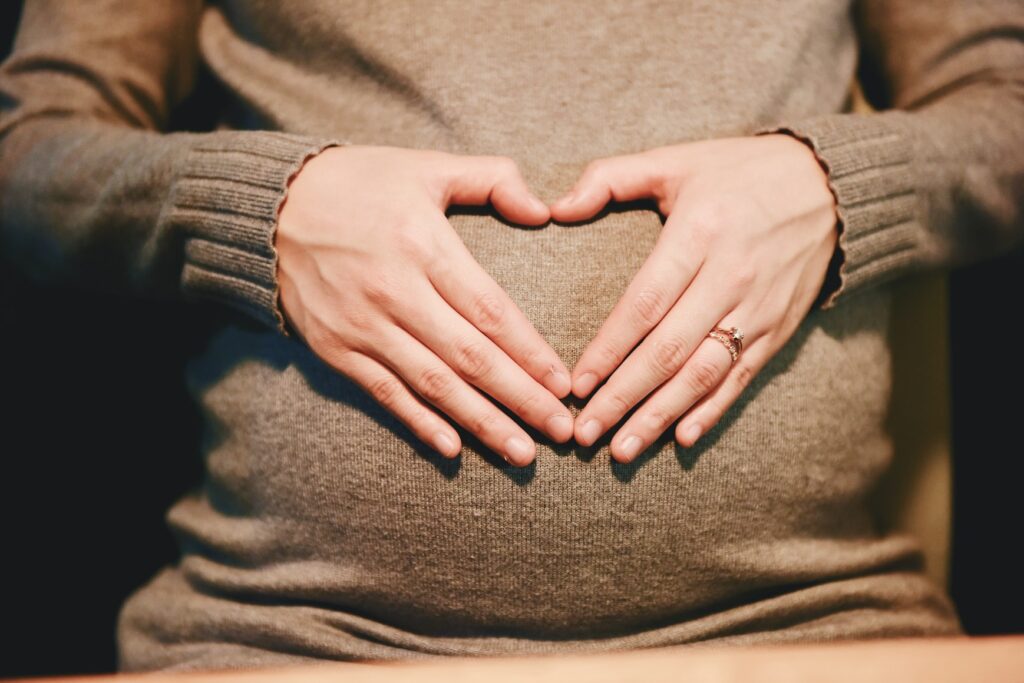Pregnancy is a life-changing and marvellous time in a woman’s life. It’s a time filled with joy, anticipation, and wonder. As a pregnant woman, I find myself on an extraordinary journey filled with awe-inspiring changes. From the moment that little plus sign appeared on the pregnancy test, my body has been transforming to accommodate the growth and development of a tiny life within me. But in addition to the physical and emotional changes, pregnancy brings a rollercoaster of hormonal instabilities. I thought it would be wise to share my personal experience and insights on pregnancy hormones for the new mothers who are entering this new phase.
Hormones are considered to be the master conductors of our pregnancy. Hormones act as the invisible conductors composing and coordinating the symphony of changes that occur during pregnancy. They are chemical messengers produced by various glands in the body, to ensure that essential functions and communication between different systems are being carried out. Throughout pregnancy, hormones play a vital role in preparing and maintaining the optimal environment for nurturing new life.
First Trimester: The Wild Ride Begins
The first trimester is a time of great excitement and anxiety. From the moment, our pregnancy test turns positive, our body undergoes rapid hormonal changes. Pregnancy hormones not only affect the physical aspect, but it also plays a significant role in emotional well-being. Hormonal fluctuations are uncontrollable during the first trimester. The most important hormone during this phase is hCG also known as human chorionic gonadotropin. It helps sustain the pregnancy, but it also leads to morning sickness, mood swings, and fatigue. Apart from this, estrogen and progesterone levels rise steeply, contributing to breast tenderness and emotional fluctuations. However, it is necessary to remember that these emotional shifts are a natural response to the hormonal changes occurring within the body.
Estrogen and Progesterone
Estrogen and progesterone take centre stage during pregnancy by working in harmony to support the growth and development of the foetus. Estrogen fosters fetal organ development and stimulates the growth of breast tissue. It also increases blood flow to the uterus and helps maintain the uterine lining. While progesterone prepares our uterus for implantation and maintains the pregnancy. It prevents the uterus from contracting prematurely and helps in creating a nurturing environment for the growing foetus. It also plays a crucial role in preparing the breasts for milk production.
Progesterone is the hormone that is critically associated with increased anxiety and mood swings. As the levels of this hormone rise, it contributes to feelings of irritability and emotional sensitivity. Also, the surge of hormones can impact our neurotransmitters in the brain, which further influences mood and emotions.
It is crucial to remember that these changes are completely normal and often temporary. Seeking support from loved ones, staying active, and practising self-care can help us handle this emotional rollercoaster with grace and calmness. Pregnant women need to recognize and acknowledge these emotional changes and seek support when needed. Surrounding oneself with a strong support system, engaging in self-care practices, and maintaining open communication with healthcare providers can help navigate these emotional ups and downs.
Second Trimester: The Hormonal Harmony
As the second-trimester approaches, many of us experience a sense of relief and an increase in energy. Finally, our hormonal levels stabilize, and our body adapts to the changes. However, our estrogen and progesterone levels continue to rise, stimulating fetal development and preparing our bodies for childbirth. This is the phase when our body starts accommodating the growing baby by loosening our ligaments and joints and also the baby’s sex hormones start to develop and influence their characteristics. With the decreasing levels of hCG, morning sickness starts to diminish, and we can enjoy a period of relative hormonal calmness and a rejuvenated sense of well-being.
Third Trimester: Preparing for the Grand Finale
As the due date approaches, our hormone levels shift dramatically. The estrogen and progesterone levels in our body reach their peak, preparing our body for labour and breastfeeding. But these fluctuations bring a whole new set of challenges like insomnia, frequent urination, and swelling in addition to the nesting instinct. These become a common occurrence during this period. The body’s natural response to these hormonal changes is to ready itself for the arrival of the little one.
Bonding and Beyond The Power of Oxytocin
Oxytocin also known as the “love hormone,” plays a vital role during the process of labour, birth, and breastfeeding. This hormone stimulates contractions, fosters maternal-infant bonding, and maintains milk production. As I await the upcoming arrival of my little one, the presence of oxytocin has brought an overpowering sense of love and connection. It is truly awe-inspiring to see how hormones play a vital role in nurturing the bond between a mother and child.
Postpartum Hormonal Shifts
Finally, after the magical moment of giving birth, hormonal changes continue. Estrogen and progesterone levels start plummeting and which results in the infamous “baby blues” or postpartum depression for some women. However, the body adjusts once again to support breastfeeding and strengthen the bond between mother and child by producing more prolactin and oxytocin. Prolactin maintains milk production and helps establish a positive breastfeeding relationship between mother and baby. While oxytocin continues to be released during breastfeeding, to help promote bonding and the feelings of love and attachment between mother and child.

Pregnancy is an extraordinary journey that comprises physical, emotional, and hormonal alterations. From the ups and downs of the first trimester to the stability of the second, and the final surge in the third, our bodies go through a tremendous hormonal fluctuation to create and nurture our newborn’s life. By understanding and embracing these hormone changes, we can appreciate the beauty and complexity of this phase. As I continue my journey, I’m in awe of the miracles unfolding within me, feeling grateful every day for the incredible role hormones play in this incredible journey.

